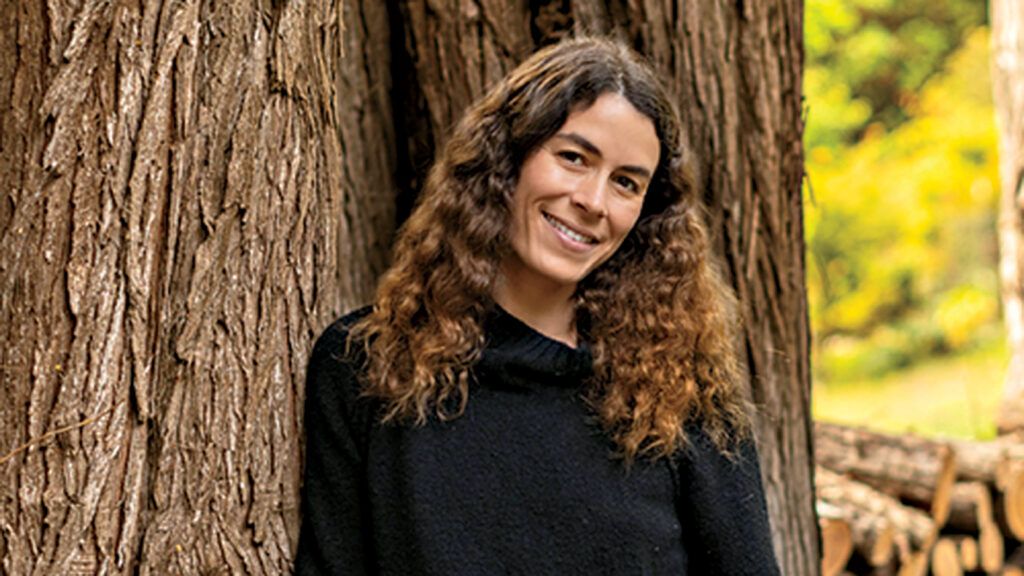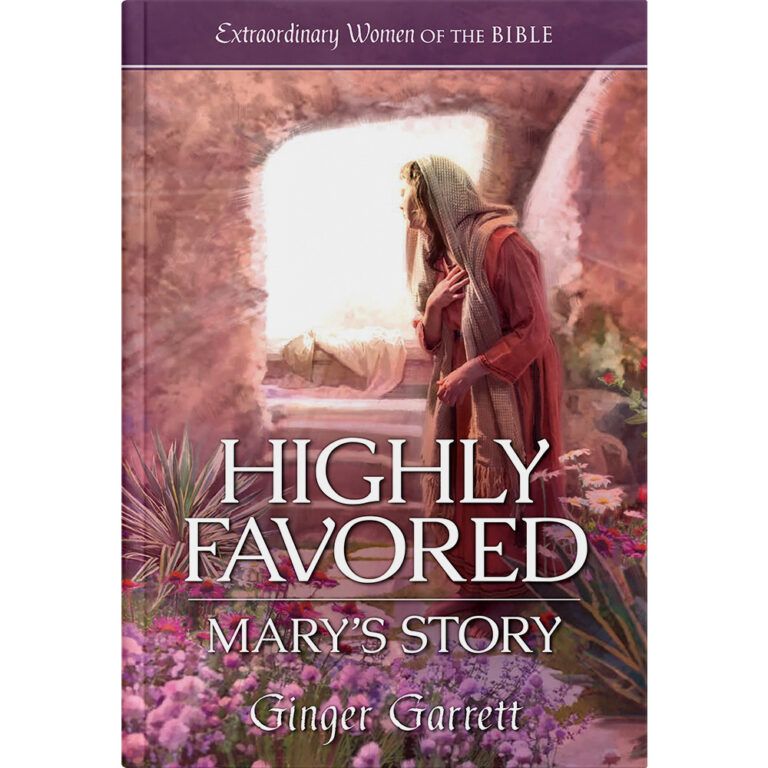There’s a saying: “Be kind, for everyone is fighting a hard battle.” These days, the battle feels especially hard. From everyday challenges to the forces dividing our nation, it’s fair to ask: How can I bring more joy to my life? More peace?
My answer: poetry.
I’m a professional poet. For a decade, I earned a living doing a project I called Poem Store. I set up my typewriter in farmers’ markets and other public places and wrote poems on the spot for anyone who asked. I also did private events. In total, I wrote more than 40,000 poems!
I now teach poetry workshops, lead creative retreats and write books. Everywhere I go, I see a hunger for the unique gift that poetry provides.
Do you remember a story I wrote a few years ago for Guideposts about how poetry can be a vital part of someone’s prayer practice? A couple years before that, I wrote about how a Poem Store encounter led to an unlikely and life-giving friendship.
What is it about poetry that makes it such a powerful, universal language?
Poetry reveals beauty in the smallest details of creation. It finds light in the darkest shadow. It is a guide and a teacher, reminding readers that life is a miracle, something to be celebrated. Good poetry tells deep truths about joy and pain, triumph and grief. Like the Psalms, poetry explores every aspect of human experience, shying away from nothing and expressing gratitude for everything.
That’s why I believe poetry can be healing for anyone. You don’t have to be a professional poet.
Here are some suggestions for cultivating a poetic mindset, gained from a lifetime of writing, teaching and finding my place on this planet:
1. Be in awe of everything.
A dictionary definition of awe is “a feeling of reverential respect mixed with fear or wonder.”
Reverence, fear and wonder are pillars of the poetic mindset. Reverence for the gift of life and the giver. Fear of loss and impermanence. Wonder at the world’s majesty and beauty.
The poetic mindset starts with the idea that nothing is an accident. Everything is interrelated and plays a part in a greater whole. Therefore, everything deserves notice and even celebration.
The signs are everywhere. Autumn leaves swirling in wind. A luminous raindrop on your window. The sight of someone you love peacefully asleep. Stars on a clear winter night.
Even on your hardest day, a glance around will reveal something miraculous. When I focus on the intricate grandeur of nature, I feel myself relax. My mind unclenches from my problems, and I know that something larger is present, no matter what happens.
Here are a few lines from a poem I wrote about awe:
The breeze carries the scent of saltwater
and I tune into four different bird
calls at once.
One is a hummingbird. I can hear it!
The crows wake me up. It’s spring
and all
new growth can’t help but point
toward the light.
Awe is easy to cultivate. Close your eyes. Now open them. What is the first thing you see? Look closer. Ask yourself: How was this thing made? Where did it come from? What does it look like, feel like, smell like, maybe even taste like? What is good about it? What does it remind you of? Does it bring happy thoughts or sad ones? Why? What does it tell you about yourself or the divine?
I’m willing to bet your randomly selected object is full of meaning. A poetic mindset helps you tune into that significance whenever you want. It’s an inexhaustible source of healing, refreshment and inspiration.
2. Make pain your teacher.
Are you brokenhearted and angry? There’s a poem for that.
A poem is a place where you can pour out your hardest feelings. Make the words shout, burn. Don’t be afraid. You can always throw the page into the fireplace once you’ve filled it. Or seal it in an envelope and come back to it later.
Poetry can be a repository for everything difficult in your life.
But there’s more. I find that when I write about something I’m struggling with, my negative feelings begin to ebb. By writing, remembering, I am forced to admit that not everything is so bad. The world is complicated. There is darkness and light. Forgiveness comes into view.
The more I put everything on the page—the whole truth, not just an edited version—the more I ask why things happened. If I could have done things differently. Whether my poem is trying to teach me something. Here’s part of a poem I wrote while I was grieving a loved one.
You were a shining man
always giving us a reason to rejoice
and so you still are, you always will be.
Writing about grief helped me widen my perspective. I learned that memories are emblems of ongoing life after death. That doesn’t end my grief. My grief teaches me a healing truth.
3. Seek what inspires you.
Life isn’t perfect, but you can live with love and trust anyway.
Poetry helps us remember this essential piece of wisdom. What comes from God is good, and there is always goodness to be found once you train yourself to look.
Poetry to me is a form of praise. I build poems from things I see, people I meet and thoughts and feelings found deep inside. As I present those treasures in poetic language, I am celebrating what is good in them. My poems have an innate optimism. Poetry looks for the bright side of life, whatever is inspiring and beautiful even in the midst of hardship.
To see the world as a poet is to be aware of beauty wherever you go. A poet believes that beauty is a clue to the essential nature of existence. Pay attention to that feeling of joy as you spot a delicate tracery of dew in a spider’s web on your morning walk. The beauty, and your joy, are helping you see something deeply true about life.
I wake up at dawn and find
The half moon staring in my window,
as bright as the coming sun.
What can I do but sing to honor it?
I stand on the porch and the notes
come easy, all glory for the glowing
green, gray, blue of landscape.
What else is good? Your dark eyes
that won’t look away from mine.
The worn wool blanket that
keeps us warm. The pink flowers
that have yet to open in the grass.
I watch as the white light
is swallowed in fog, the apple tree
hung with glittering dew.
4. Open yourself to a new perspective.
Few objects are more humble than the pencil. Yet, for me, a pencil is holy. Every pencil is special because I imagine the thoughts and images that it can be used to create and communicate. What are the holy objects in your life? A poet looks for what is beloved in everything, no matter how ordinary.
That is what makes poetry a force for healing. When you look for what is beautiful, good, true and holy in everything around you, you are really looking for God. When you write down what you see, you are engaged in a deep form of prayer.
When your mind and your heart develop this habit of poetic prayer, you cannot be overcome by the world’s troubles because you carry a treasury of goodness inside yourself.
Your poems don’t have to be perfect. They don’t have to rhyme. They don’t have to impress anyone. All they need is a new perspective, that of a poetic mindset.
Look for what moves you most, and then write it down. Make that a daily habit.
Welcome to the poetry of everyday life.
For more inspiring stories, subscribe to Guideposts magazine.






